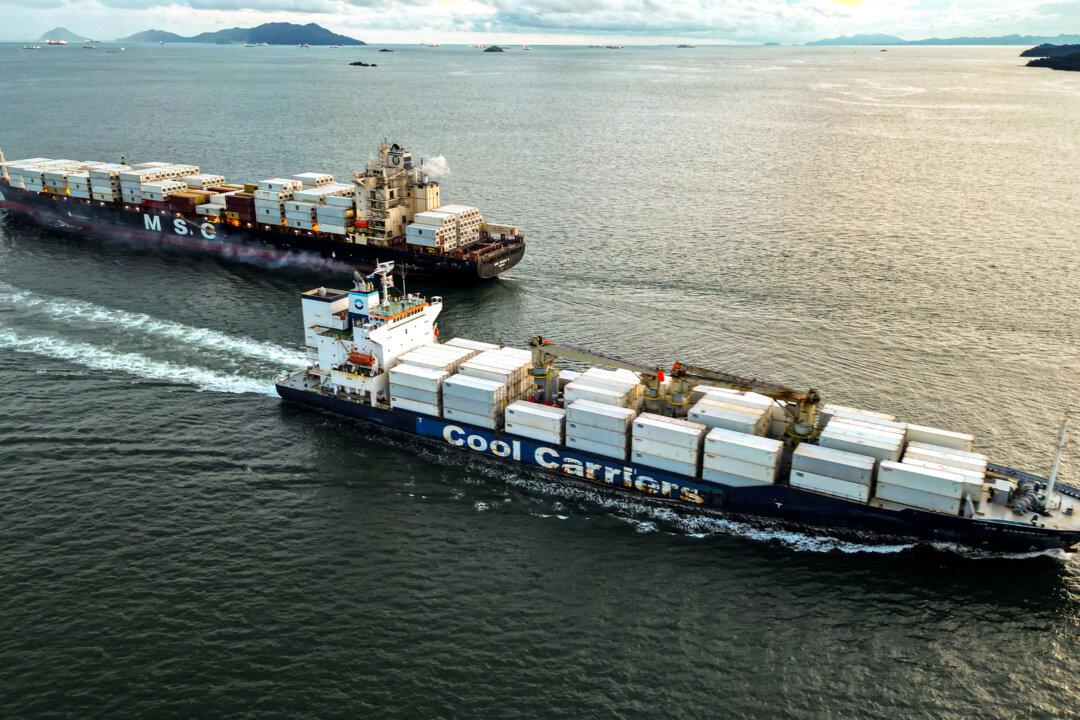President-elect Donald Trump’s comment earlier this week about the United States potentially regaining control of the Panama Canal has brought renewed attention to communist China’s expanding influence in the Latin American country.
The Panama Canal, which opened in 1914 after 10 years of construction by the United States, was returned to Panama under a 1977 deal signed by President Jimmy Carter. In 1999, Panama took full control of the canal, which is now one of the busiest shipping lanes in the world, connecting the Pacific Ocean and the Caribbean Sea.



